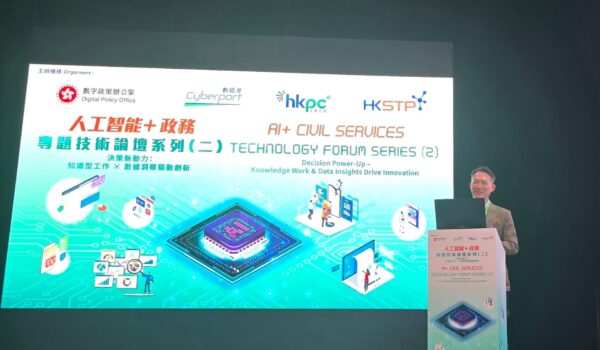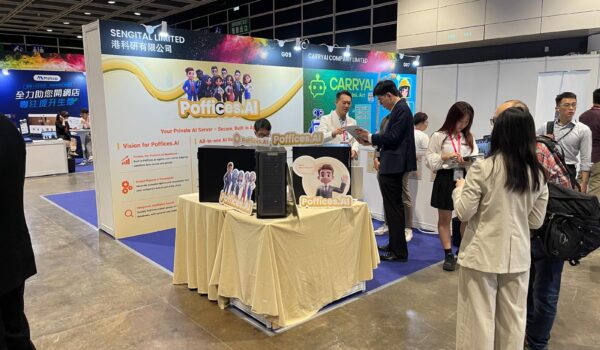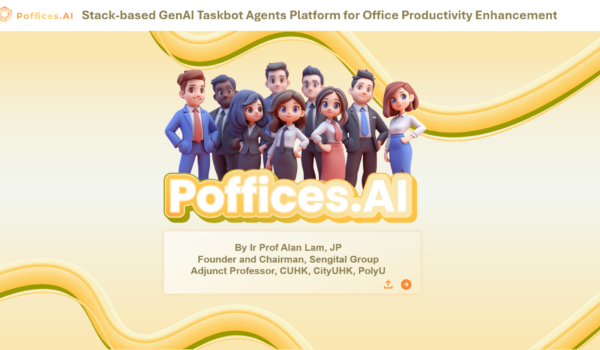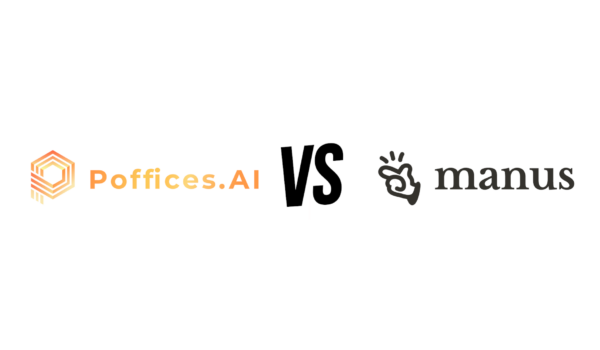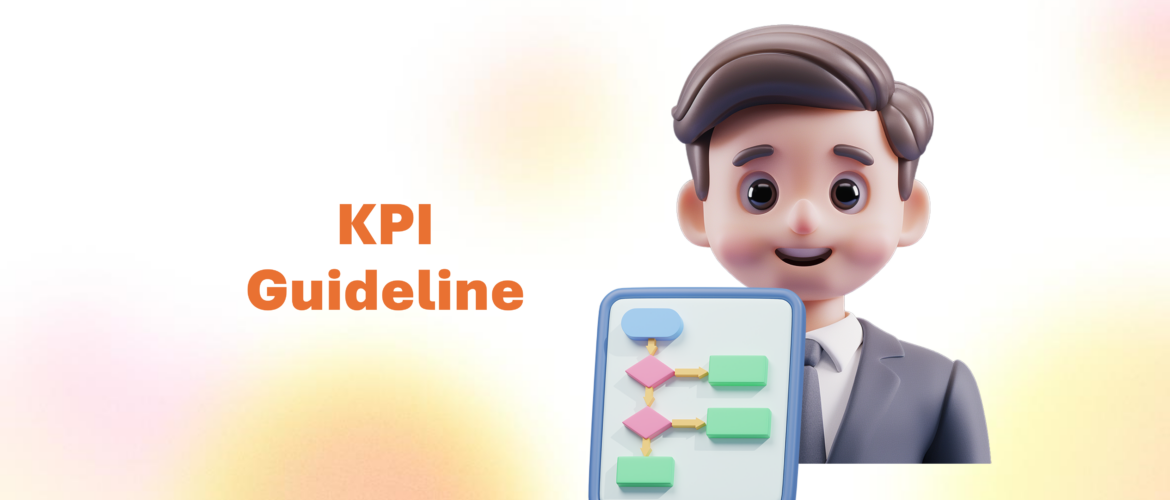

- Alan Lam
- |
- 2025/03/21
- |
- 0 Comments
KPI Guideline in Poffices.ai
In the fast-paced and ever-evolving business landscape, organizations are increasingly recognizing the importance of key performance indicators (KPIs) to measure their progress and overall effectiveness. The Poffices.ai platform, a groundbreaking initiative spearheaded by Sengital Group, leverages artificial intelligence to streamline organizational tasks while integrating domain-specific knowledge to enhance decision-making. At its core, Poffices.ai aims to provide personalized office solutions for companies, significantly improving their operational productivity. The KPI Guideline AI Agent is one of the many agents within Poffices.ai, configured to assist users in designing relevant KPIs tailored to their specific organizational contexts. You can explore the Poffices.ai platform further at https://kpirequirement.poffices.ai/.
Understanding the Importance of KPIs
Key Performance Indicators (KPIs) are quantifiable measures that organizations utilize to gauge their success in achieving specific objectives. They serve as valuable tools that help business leaders track performance over time and make informed decisions. When effectively employed, KPIs provide stark visibility into various business operations, from project execution to customer interactions. Business insights derived from KPIs inform strategic planning, highlight areas in need of improvement, and facilitate performance comparisons across different teams or departments.
The Poffices.ai platform has been designed to seamlessly integrate KPI tracking into everyday business practices. By harnessing advanced technology, the KPI Guideline AI Agent can assist users in crafting tailored KPIs that align with their strategic objectives. One must be careful while defining KPIs; they must be SMART—Specific, Measurable, Achievable, Relevant, and Time-bound. This framework ensures that the KPIs not only align with the company’s vision but also remain actionable and tailored to the unique dynamics of various industries.
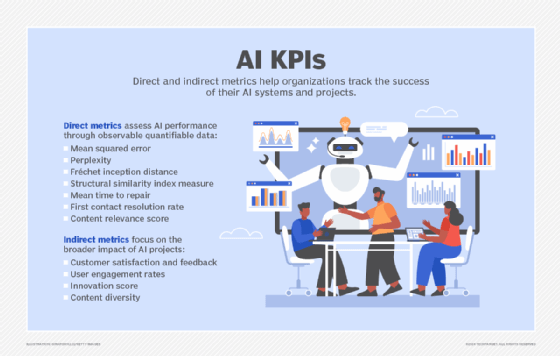
The Role of KPI Framework in Poffices.ai
The KPI Guideline provided by the Poffices.ai platform operates within a robust framework designed to customize KPIs according to a user’s input. Once a user inputs the company name and KPI direction along with background information, the KPI Guideline AI Agent sets to work, offering recommendations that fit within a specific KPI structure.
This approach helps users circumvent common pitfalls associated with KPI formulation. Often, organizations falter by utilizing vague or non-actionable KPIs that do not translate into tangible outcomes. However, by leveraging advanced algorithms alongside domain-specific knowledge, the KPI Guideline AI Agent ensures that the proposed KPIs are not only relevant but also strategically impactful.
Additionally, the knowledge contained within the Poffices.ai platform is enhanced by continuous web searches and data analytics. This allows the KPI Guideline AI Agent to pull from the latest trends and industry best practices when formulating KPIs, thus ensuring that users remain competitive. Organizations can track metrics across various dimensions—such as sales performance, marketing effectiveness, and operational efficiency—while aligning them with their broader strategic goals.
This alignment is essential for maintaining focus and delivering results that matter the most to the organization. Well-defined KPIs keep teams motivated and provide clear benchmarks for assessing performance. The Poffices.ai KPI framework encourages a systematic approach to performance measurement.
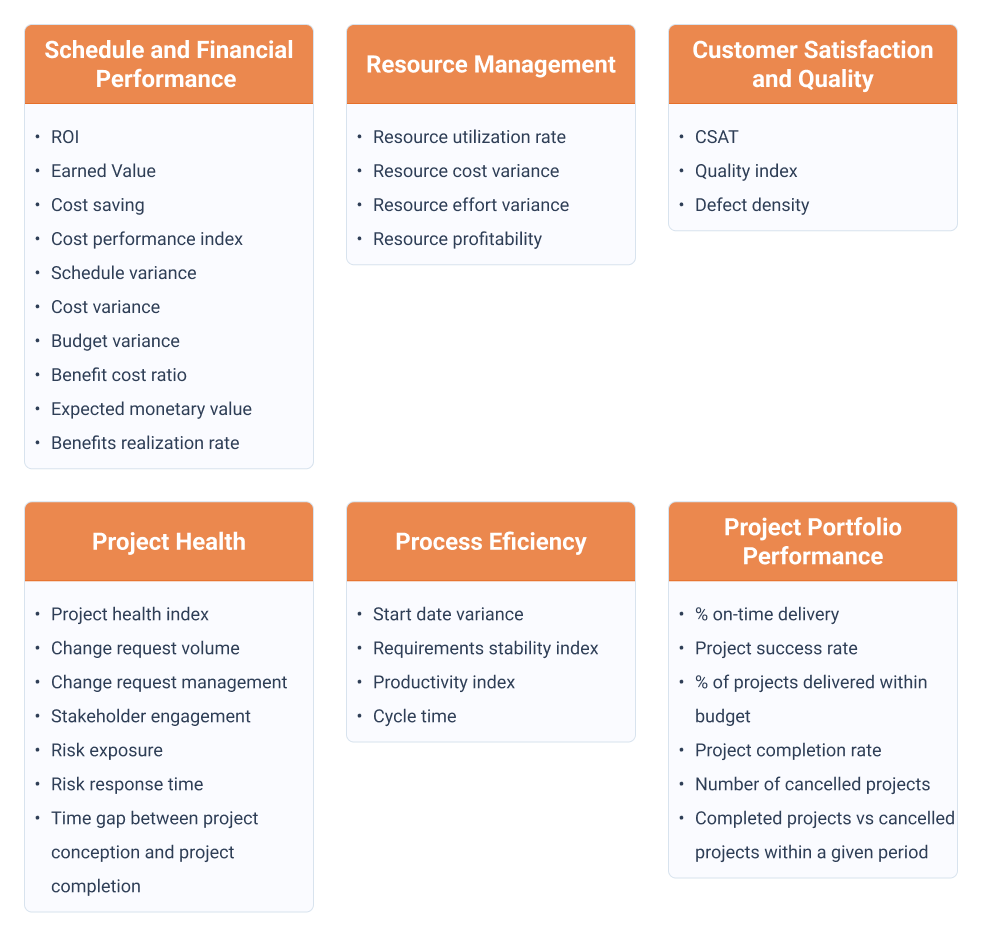
How the KPI Guideline AI Agent Functions
The KPI Guideline AI Agent is engineered to simplify the KPI design process. Users start by entering their organization’s name and some context regarding the specific KPIs they wish to develop. This context ranges from strategic goals to operational challenges. The AI agent processes this input and generates customized KPIs that align with the user’s business objectives.
One of the hallmark features of this AI agent is its ability to integrate feedback from historical performance data. The agent can analyze trends over time, suggesting KPIs that reflect previous challenges and successes. By doing so, it offers organizations a more resilient strategy for tracking performance. The generated KPIs can be categorized into different management layers, including leading and lagging indicators.
Leading indicators provide insights into future performance based on current trends, while lagging indicators reflect past performance outcomes. This dual functionality allows organizations to maintain a holistic view of their performance metrics. Hence, businesses are armed with both historical data and predictive insights, enabling agile decision-making.
These KPIs can be outputted in various formats—such as PDF, DOCX, or CSV—which ensures that they are accessible and easily shareable within the organization. Furthermore, this flexibility aids in seamless integration with existing performance dashboards and reporting tools.
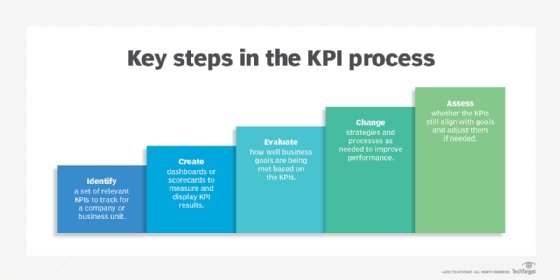
Practical Applications of the KPI Guidelines
Poffices.ai’s framework features a multitude of AI agents designated for different operational areas, such as HR, Sales, and Marketing. Each department requires distinct KPIs to measure effectiveness. For instance, the Sales and Marketing Offices require KPIs that assess lead conversion rates, customer acquisition costs, and retention metrics. The KPI Guideline AI Agent provides tailored recommendations based on the specifics of each department, ensuring that the metrics generated are relevant.
Applying the right KPI within the domains of project management, employee performance, and customer success can drastically enhance operational efficiency. For example, a project manager can leverage KPIs such as project completion percentage, budget variance, and milestone adherence to ensure that projects remain on track. These metrics help project managers detect potential roadblocks early and optimize resource allocation accordingly.
In the realm of human resource management, KPIs such as recruitment effectiveness, employee turnover rates, and training ROI steadily rise in importance. By implementing well-defined KPIs, organizations can evaluate the success of their HR strategies and make informed personnel decisions to foster a more productive workplace.
Continuous Improvement Through Iterative KPI Tracking
To ensure the sustained effectiveness of any KPI framework, businesses must continuously monitor, adjust, and reevaluate their KPIs based on performance data. The iterative approach allows for the fine-tuning of metrics to ensure they remain aligned with changing business objectives. As industries evolve, the demands placed on organizations and their teams invariably shift.
The KPI Guideline AI Agent provides organizations the tools necessary for continuous monitoring, thereby enabling businesses to remain agile in their operations. The integration of real-time analytics aids in identifying shifts in performance, prompting necessary adjustments in KPI design.
Ir Prof Alan Lam
Inventor of Poffices.ai
Founder and Chairman of Sengital Group
You might also like
Poffices.AI Celebrates One-Year Anniversary, Official Launch of the “Digital Assets Builder”
- Poffices.AI
- 2026/01/16
Poffices.AI celebrates its first anniversary by launching "Digital Assets Builder" a groundbreaking solution
Poffices.AI Shines at DPO Tech Forum
- Poffices
- 2025/11/04
Poffices.AI presented its cutting-edge AI agents and the All-in-One AI Server at the DPO Technology Forum,
Poffices.AI All-in-One Server at AI+POWER 2025 Exhibit
- Poffices
- 2025/06/06
The launch of Poffices.AI’s All-in-One Server at the AI+POWER 2025 exhibit represents a major advancement
Poffices Launch All-in-One AI Server
- Poffices
- 2025/06/05
The Poffices AI Server integrates proprietary AI Agents and optimized LLMs, enabling companies to streamline
Poffices.AI Introduction
- Poffices
- 2025/05/08
Poffices.AI provides a comprehensive suite of AI tools to streamline your work and boost productivity,
Poffices.AI vs Manus AI: Which AI Tool Wins?
- Poffices
- 2025/04/17
In the competitive AI landscape, Poffices.AI and Manus AI offer distinct advantages. This post explores
Search
New Products
-
 All-in-one AI Server B3
$499,800.00
All-in-one AI Server B3
$499,800.00 -
 All-in-one AI Server B2
$299,800.00
All-in-one AI Server B2
$299,800.00 -
 All-in-one AI Server B1
$199,800.00
All-in-one AI Server B1
$199,800.00 -
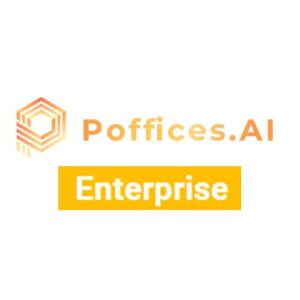 Enterprise
$10,800.00/ year
Enterprise
$10,800.00/ year -
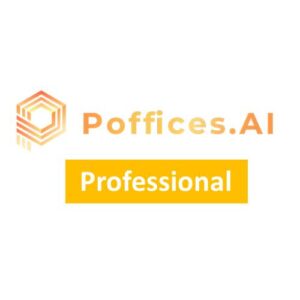 Professional
$1,440.00/ year
Professional
$1,440.00/ year


